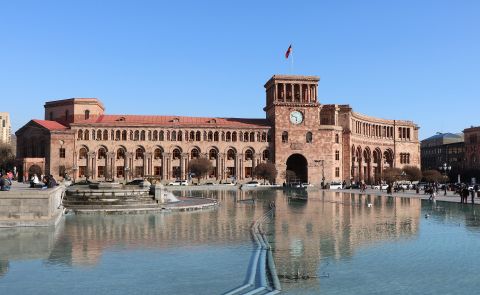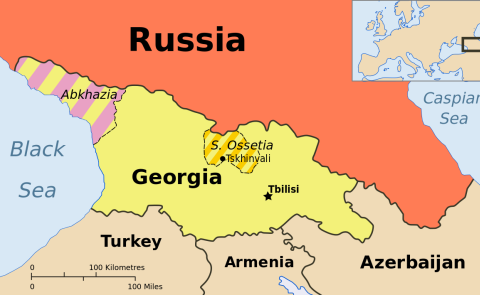
Azerbaijan and Armenia agree on transport reopening — How will it affect Georgia?
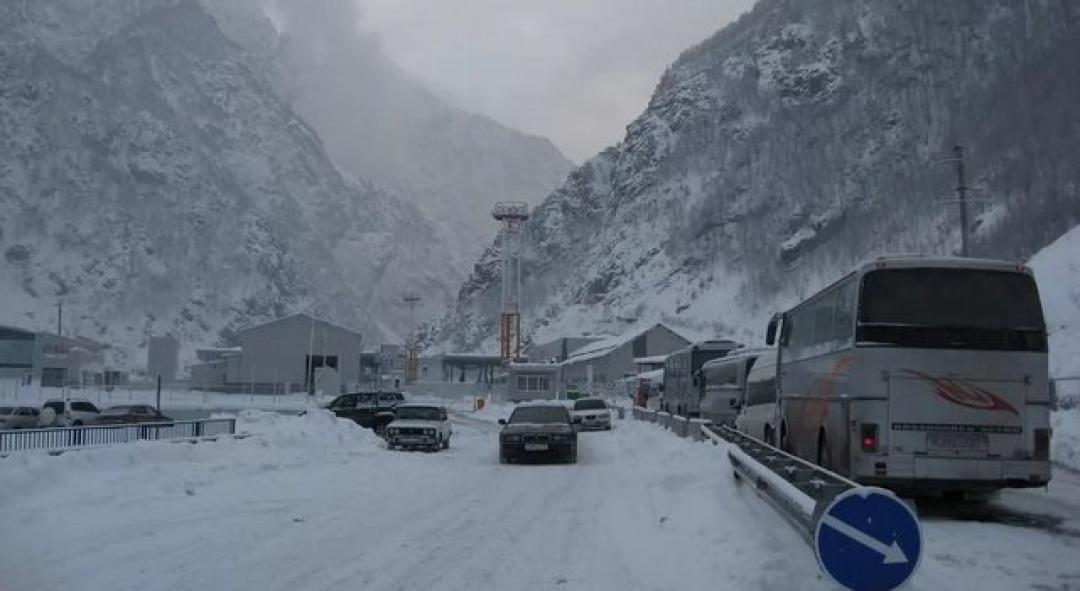
On January 11 the trilateral agreement was signed in Moscow— Azerbaijan, Armenia and Russia agreed to open transit routes through the South Caucasus. This means the transport lines that have been closed for more than 30 years due to the Nagorno-Karabakh conflict will be opened up.
Azerbaijan’s President Ilham Aliyev, Armenian Prime Minister Nikol Pashinyan, and Russian President Vladimir Putin agreed to create a working group which will deal with the rebooting of all economic and transportation ties in the region. The first meeting of the trilateral working group took place in Moscow on January 30.
The commitments of this group include the implementation of the ninth paragraph, which was signed on November 10 last year by the heads of the three countries. The agreement put an end to the second Nagorno-Karabakh war, which lasted for 44 days from September 27 to November 10.
What will change if the agreement is realized?
- In about 2-3 years, the railway from Azerbaijan to Armenia via Nakhichevan (Azerbaijani exclave wedged between Armenia, Iran and Turkey) and Turkey will be restored;
- In response, Armenia will transport cargo from Azerbaijan to Russia through its territory by railway;
- At the same time, convenient rail routes to Russia and Iran will be opened for Armenia;
- Additionally, Turkey and Russia will be connected by rail through the South Caucasus Region.
Does this decrease the transit role of Georgia?
Amid tensions between Baku and Yerevan, conflict analysts and former Georgian State Minister for Reconciliation and Civic Equality Paata Zakareishvili thinks that the chances for the realization of the agreement are 50-50. Yet, if it would be implemented, he says that Georgia's transit function will be reduced to 40%.
“Georgia's transit role will not be vanished, but it will be reduced. Goods which were coming from Central Asia and China from Baku were mainly delivered to Georgia’s Poti port. If the agreement works, all these cargoes will go through Armenia, pass through Azerbaijan, then through the Armenian section, move to Turkey and will be unloaded in Turkey’s ports instead of Georgia. In other words, a significant part of the cargo bypasses Georgia”, — said Zakareishvili in a comment to Caucasus Watch.
The expert Giorgi Kanashvili has a different opinion on the issue. He says, there is a feeling in Georgia that something special is happening, but says that if the Georgian government acts accordingly, the country will remain the main transit because the sea is still an important factor in Georgia’s favor.
“In general, Georgia was perceived as the most reliable transit country. All of these are changing. However, there are many nuances that may end up making the reaction to this agreement problematic. So far, all sides put in the maximum effort to achieve the result”, — said Kanashvili to Caucasus Watch.
In his opinion, Azerbaijani - and probably Turkey - will try to transport a significant part of the cargo to Georgia. At the same time, the Nagorno-Karabakh conflict is not fully resolved, and the idea of completely isolating Armenia, which was the prior approach of the Azerbaijani side, will not simply move into the past. The expert also emphasizes the maritime importance of Georgia compared to others.
“Generally, the sea is a strategic partner of Georgia. The port of Anaklia is a port that gives us a great advantage over Russia, Turkey, Ukraine and all the countries of the Black Sea in general”, — Kanashvili told us.
The construction of the Anaklia deep-water port, which is of crucial strategic importance for Georgia, remains on hold. The contract for the construction of the port was signed in 2016, but it was terminated a few years later, in early 2020. The non-fulfillment of the obligations undertaken by the contractor company were cited as the reason. According to the Georgian government, they are looking for a new investor to build the port.
Kanashvili thinks that the opening of the transit routes agreement will most likely be implemented. He also believes peace in the Caucasus, if it can be achieved, would be beneficial for everyone.
Zakareishvili adds that Tbilisi could be involved in this process and Georgia's silence in this process seems strange to him. Zakareishvili says that the Georgian government could talk to Yerevan about opening a route to Russia through Abkhazia.
“For so long we were not opening up the route because Azerbaijan was our strategic partner and Baku was against it and we understood it. But now Azerbaijan itself is opening the transit with Armenia. The situation has changed. Yerevan would be happier if cargo would go through Georgian rather than Azerbaijan and Tbilisi should recommend to Yerevan to talk to Moscow about solutions for this issue”, — said Zakareishvili.
Zakareishvili talks about the restoration of the railway traffic through the Abkhazia — Trans-Caucasus railway — Moscow-Sukhumi-Tbilisi-Yerevan, which has not operated since the 1992-1993 Georgian-Abkhaz war. The possible revival of a rail connection between Moscow and Yerevan remains a big question mark and any discussions of reopening the railway traffic causes political obstacles. The reason for this is a dispute over the status of Georgia’s breakaway region Abkhazia.
On the question of whether the Abkhazian railway section should be restored or not, Kanashvili sees no problem with it as long as it does not cross Georgia’s red lines.
“Due to its geographical location, Georgia is lucky that it can open routes in many different directions. It has entire channels, which further enhances its transit function. Therefore, the direction of the Abkhazian Railway and Tskhinvali is promising”, — says Kanashvili.
He thinks that restoring railway communication may have not only transit importance, but could also have a significant role in conflict resolution. According to Kanashvili, it should be determined what Georgia will get and what it will lose. As he said, it is a matter of negotiation.
According to the press service of the Russian government, during the January 30 meeting in Moscow parties agreed to establish the following expert subgroups related to:
- Railway, automobile and intermodal transport;
- Transportation, including security, as well as border, sanitary, veterinary, phytosanitary, and other types of control.
The next meeting of the trilateral working group is scheduled to be held in Moscow. The date will be agreed upon by the co-chairs.
Contributed by Lana Kokaia
See Also

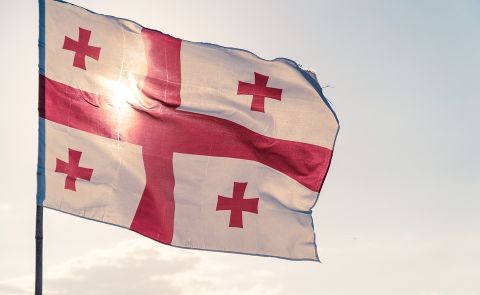
Georgian Bishop Accuses Government Official of Plotting Assassination; Opposition Leader Alleges Husband’s Abduction
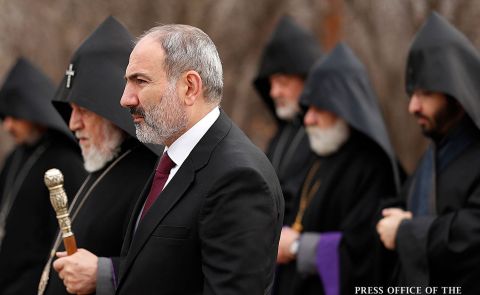
Armenian Government and Church Face Growing Tensions Over Leadership Allegations
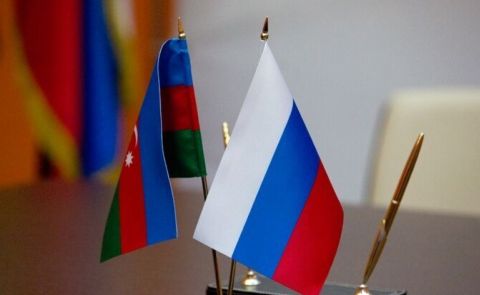
Tensions Rise Between Russia and Azerbaijan Over Medinsky’s Ukraine Conflict and Karabakh Remarks
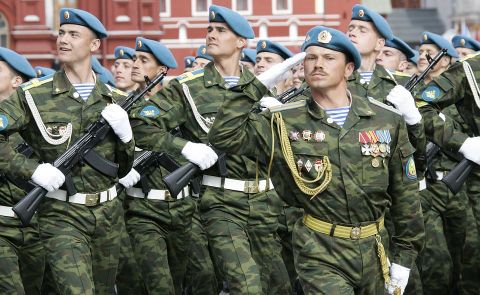
Chechen Official Outlines Conscription Rules for Russia-Ukraine War
